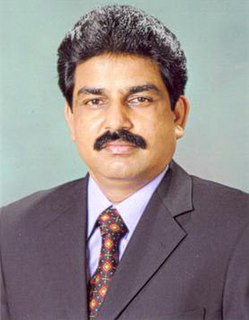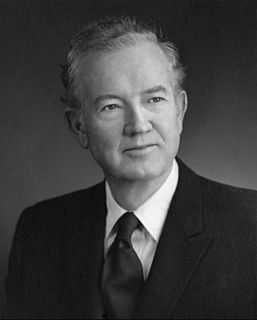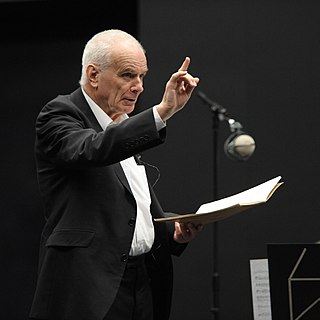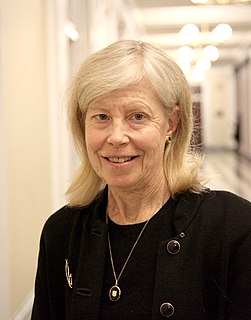A Quote by George Brandis
Abdul Nacer Benbrika's sentence doesn't expire, I'm told, until 2021, but I think it would be invidious for me as the Attorney-General to talk about individual cases or to anticipate the way in which a court, because it would be a judicial decision, might at some unspecified future time dispose of an application under a law that hasn't even yet been enacted.
Related Quotes
But when General Ziaul Haq introduced the strict blasphemy - 295 A, B, C - of Pakistan's penal code, then from 1986 to today there are hundreds cases that are registered under the protection of blasphemy law. And until today, no case against any minorities, and especially Christians, is proved in the higher court. The lower court would order punishment but the higher court would always acquit people. So it proves that this law is being used as a tool of victimization against minorities and innocent people of Pakistan.
Would there not be the greatest reason to apprehend, that error in the first sentence would be the parent of error in the second sentence? That the strong bias of one decision would be apt to overrule the influence of any new lights, which might be brought to vary the complexion of another decision? Those, who know any thing of human nature, will not hesitate to answer these questions in the affirmative.
There are crimes which no one would commit as an individual which he willingly and bravely commits when acting in the name of his society, because he has been (too easily) convinced that evil is entirely different when it is done 'for the common good.'...one might point to the way in which racial hatreds and even persecution are admitted by people who consider themselves, and perhaps in some sense are, kind, tolerant, civilized and even humane.
Let's put it in perspective at the United States Supreme Court, which hears maybe 60 cases a year, most of the cases are resolved without much dispute. The 10 or 15 that are controversial we all know about, and we hear about. The federal courts hear just a tiny sliver of the cases that go to court in this country. Most of the cases are in the state courts. And most legal issues never go to court. So, the legal system is actually not in jeopardy. At the same time, access to law is in jeopardy.
You can understand why the original framers of judicial ethics thought it would be undignified and would call into question the legitimacy of the judicial decision-making process to have mudslinging by judges, but the way that we hobble people of enormous integrity from defending themselves is, I think, deeply problematic in states where you have an elected judiciary, or a judge is subject to recall.
When I was at Notre Dame studying under Joe Evans, Frank O'Malley, and others, there was a very lively debate about the distinction between natural law and revealed truth. Most of the philosophers of church and state expected that what was going to be advocated as the law of the land would be related to natural law. If you attempted to draw lines about certain general moral truths that were derivative of logic and reason, they would prove to be widely shared, and therefore suitable to be enacted into law on both the civic and religious sides.
Let me just say that anything that I say about what's going on at Justice is pure speculation. Obviously, you know, I'm just going based on my experience as the attorney general, but, yeah, surprised because typically you don't talk about investigations. And it kind of surprised me that that letter went out, and I suppose that the reason for it is because we're in the middle of a presidential campaign. But nonetheless, I think it would be contrary to typical protocol.

































